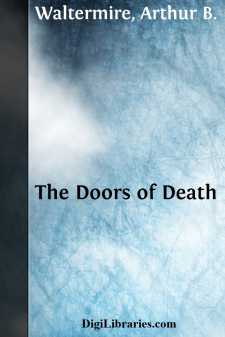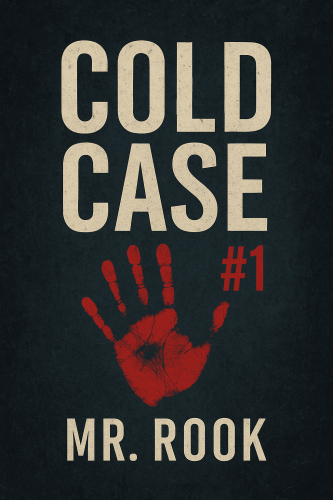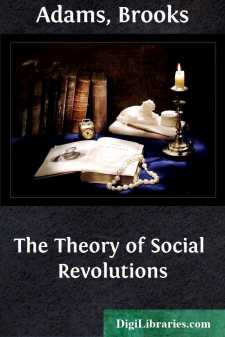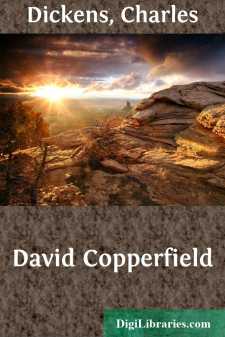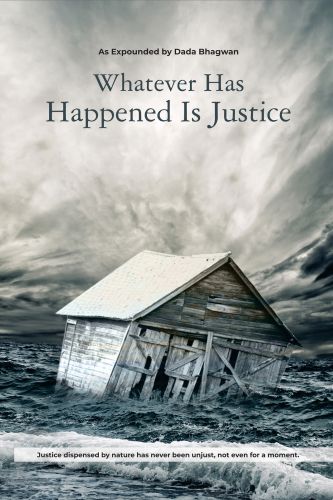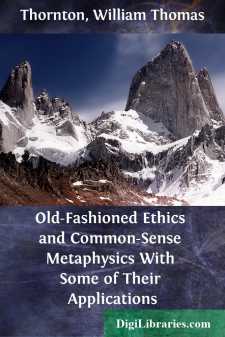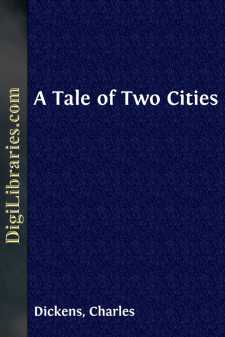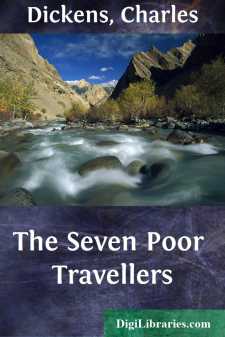Categories
- Antiques & Collectibles 13
- Architecture 36
- Art 48
- Bibles 22
- Biography & Autobiography 813
- Body, Mind & Spirit 142
- Business & Economics 28
- Children's Books 17
- Children's Fiction 14
- Computers 4
- Cooking 94
- Crafts & Hobbies 4
- Drama 346
- Education 46
- Family & Relationships 57
- Fiction 11829
- Games 19
- Gardening 17
- Health & Fitness 34
- History 1377
- House & Home 1
- Humor 147
- Juvenile Fiction 1873
- Juvenile Nonfiction 202
- Language Arts & Disciplines 88
- Law 16
- Literary Collections 686
- Literary Criticism 179
- Mathematics 13
- Medical 41
- Music 40
- Nature 179
- Non-Classifiable 1768
- Performing Arts 7
- Periodicals 1453
- Philosophy 64
- Photography 2
- Poetry 896
- Political Science 203
- Psychology 42
- Reference 154
- Religion 513
- Science 126
- Self-Help 84
- Social Science 81
- Sports & Recreation 34
- Study Aids 3
- Technology & Engineering 59
- Transportation 23
- Travel 463
- True Crime 29
The Doors of Death
Description:
Excerpt
A heavy stillness hung about the great halls and richly furnished rooms of Judson McMasters' residence, and even seemed to extend out over the velvet lawns, the shrub-lined walks and sun-blotched reaches under the lacy elms and somber maples.
Biggs glided about the sick-chamber like a specter, apparently striving to keep busy, while he cast countless furtive, uneasy glances at the heavy figure under the white sheets. An odor of drugs and fever tainted the air, and a small walnut table near the flushed sleeper was laden with the familiar prescription bottle, tumbler and box of powders. On the wall behind the table, near the head of the bed, hung a small oil-painting of Napoleon.
The sleeper stirred restlessly, raised himself painfully and slowly, and attempted to seek fleeting comfort in a new position. At the first movement Biggs was a shadow at the bedside, deftly manipulating the coverings and gently aiding the sick man with a tenderness born of long service and deep affection. As the massive gray head sank into the fluffed pillow the tired eyes opened, lighted by a faint glint of thankfulness. Then they closed again and the once powerful body relaxed.
With a pitiful, wistful expression on his aged face, the faithful Biggs stood helplessly peering at the sick man until hot tears began to course down his furrowed cheeks, and he turned hastily away.
"Biggs!"
The voice, still strong and commanding, cut the semi-gloom like a knife.
Biggs, who was about to tuck the heavy curtains still more securely over the windows, whirled as though he had touched a live wire, and in a flash was across the great room and beside the bed.
"Did you call, sir?" His voice quavered.
"No"—a faint twinkle lighted the sick man's eyes—"I just spoke."
"Ah, now sir," cried the overjoyed Biggs, "you are better, sir."
"Biggs, I want some air and sunshine."
"But the doctor, sir——"
"Drat the doctor! If I'm going to pass out I want to see where I'm going."
"Oh, but sir," expostulated the old servant, as he parted the curtains and partially opened a casement window, "I wish you wouldn't say that, sir."
"I believe in facing a situation squarely, Biggs. My father and grandfather died from this family malady, and I guess I'm headed over the same route."
"Please, sir," entreated Biggs.
"Biggs, I want to ask you a question."
"Yes, sir?"
"Are you a Christian?"
"I try to be, sir."
"Do you believe in death?"
Biggs was thoroughly startled and confused.
"Why—a—we all have to die, sometime, sir," he answered haltingly, not knowing what else to say.
"But do we actually die?" insisted the sufferer.
"Well, I hope—not yet," ventured the old servant. "The doctor said——"
"Forget the doctor," interposed McMasters. "Biggs, you have been in our service since I was a lad, haven't you?"
Tears welled into the servant's eyes, and his voice faltered.
"Fifty-six years, come next November," he answered.
"Well, let me tell you something, that even in those fifty-six years you never learned, Biggs. My grandfather was buried alive!"
"Oh, sir! Impossible!" cried Biggs, in horror.
"Absolutely," asserted the banker.
"Why—are you—how do you know, sir?" in a hoarse whisper.
"My father built a family mausoleum in the far corner of this estate, didn't he?"
"Yes, sir—he hated burial in the earth, sir, after reading a poem of Edgar Allan Poe's, sir!"
"What poem was that, Biggs?"
"I don't recall the name of it, but I remember the line," faltered Biggs....


